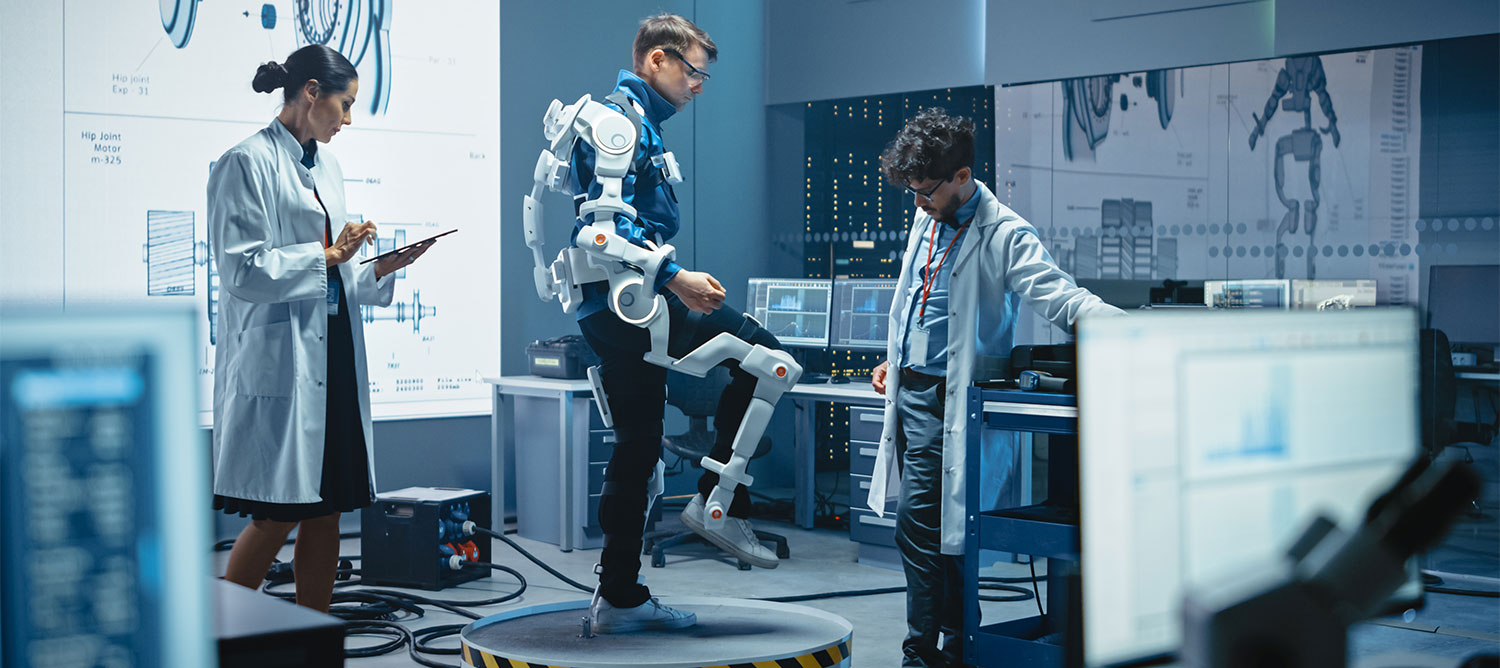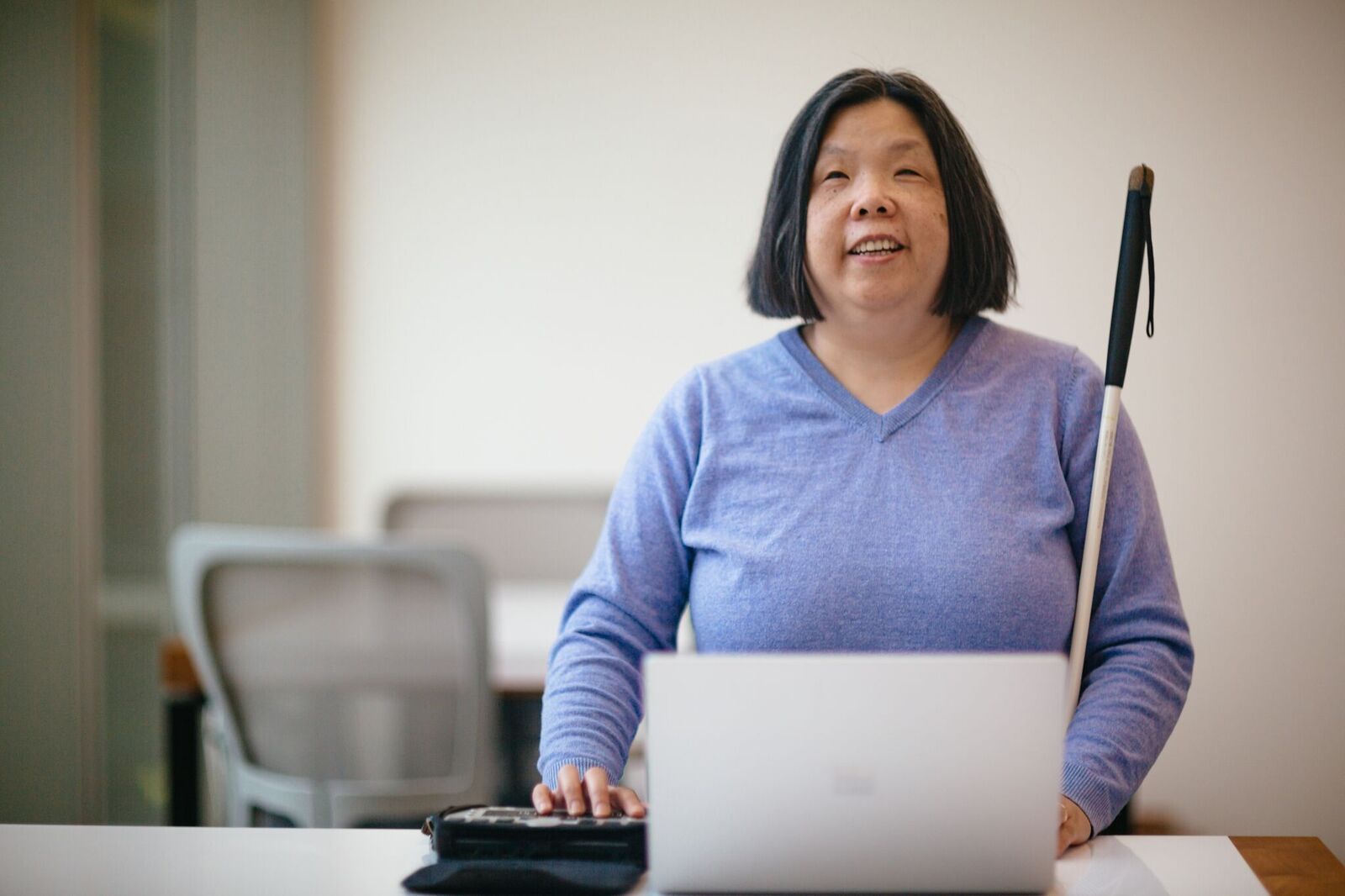AI accessibility? Blind gamer puts ChatGPT to the test | Malay Mail
KAWASAKI, July 11 — Japanese eSports gamer Mashiro is blind and often relies on a companion to get around Tokyo — but he hopes that artificial intelligence, hailed as a promising tool for people with disabilities, can help him travel alone. The 26-year-old Street Fighter player put the latest version of AI chatbot ChatGPT to the test on his way to a stadium for a recent Para eSports meet-up.
“I can’t participate in an event like this without someone to rely on,” he told AFP. “Also, sometimes I just want to get around by myself without speaking to other people.
“So if I can use technology like ChatGPT to design my own special needs support, that would be great.”

The Journey with ChatGPT
This year, the US firm OpenAI released GPT-4o, which understands voice, text, and image commands in several languages. The generative gadget, along with others such as Google’s Gemini, is part of a fast-growing field that experts say could make education, employment, and everyday services more accessible.

Following the streets’ tactile paving, Masahiro Fujimoto — who goes by his online handle Mashiro — used his stick adorned with a small monkey mascot to find his way from the station.
As he went, he spoke to GPT-4o like a friend, receiving its answers through an earpiece in one ear, leaving the other side free to listen out for cars. When it started to rain heavily, he requested help from his friend, who is partially sighted, to finish the journey.
“Arrival!” finally shouted Mashiro, who has microphthalmos and has been blind since birth, using only sound to demolish his opponents on Street Fighter 6.
The Potential of AI in Accessibility
AI can cater to specific needs better than “one-size-fits-all” assistive products and technologies, said Youngjun Cho, an associate professor in computer science at University College London (UCL).

“Its potential is enormous,” said Cho, who also works at UCL’s Global Disability Innovation Hub. “I envisage that this can empower many individuals and promote independence.”
People with hearing loss can, for example, use AI speech-to-text transcription, while chatbots can help format a resume for someone with learning disabilities.
Challenges and Improvements
But Masahide Ishiki, a Japanese expert in disability and digital accessibility, warned it can be “tricky” to catch mistakes from ChatGPT, which “replies so naturally”.




















